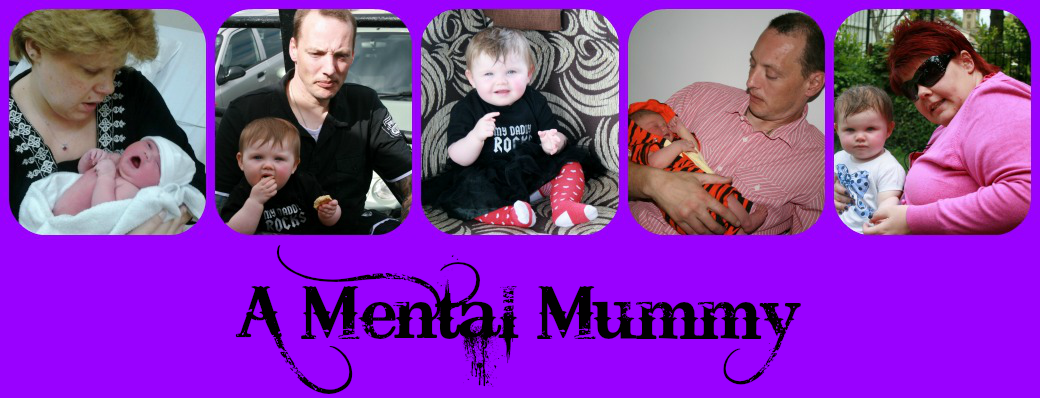I caught the tail end of an ITV interview on This Morning (4/4/12) about a lady who used to self harm. The lady is recovering now, she mentioned her great support network, professional as well as family and friends.
I appreciate the lady had immense strength in coming forward and sharing her story. I wish her well and hope she continues to keep well and safe.
I understand that ITV only have a limited amount of time available to these stories and that they are trying to raise awareness and often add details to their website. There is currently a list of Self Harm helplines here. But again I felt that self harm is not acknowledged unless you 'cut'.
I have self harmed for longer than I can remember. I wonder whether it's habit or need that drives my habit.
I will post separately about my personal situation, I just want to say that there are a variety of self harmers that don't cut. They are no less important and deserve no less help.
This is taken from the NHS website
Types of self-harm may include:
- cutting the skin
- burning the skin
- punching your own body
- poisoning yourself with tablets
- misusing alcohol or drugs
- eating disorders, such as deliberately starving yourself (anorexia nervosa), binge eating or bulimia.
This from The Royal College of Psychiatrists
Self-harm happens when you hurt or harm
yourself. You may:
- take too many tablets – an overdose
- cut yourself
- burn yourself
- bang your head or throw yourself against something hard
- punch yourself
- stick things in your body
- swallow things.
According to a survey by The Royal College of Psychiatrists:
- About 1 in 10 young people will self-harm at some point, but it can happen at any age.
- The research probably under-estimates how common self-harm is. It is usually based on surveys of people who go to hospital or their GP after harming themselves. However, we know that a lot of people do not seek help after self-harm. Some types of self-harm, like cutting, may be more secret and so less likely to be noticed.
- In a recent study of over 4000 self-harming adults in hospital, 80% had overdosed and around 15% had cut themselves. In the community, it is likely that cutting is a more common way of self-harming than taking an overdose.
It is clear that there are a variety of self harm methods, I am not going to list reasons for self harm as they are often personal, and although it fits nicely into the 'mental health' diagnosis, this isn't always the case.
People who self harm may or may not be suffering from depression, they may or may not be suicidal (there is often no link between the two), they may or may not be stressed, suffering from anxiety, be under pressure, be dealing with a bereavement, etc. It can happen to anyone.
If you or anyone you know are affected by self harm, there is support available.

 :)
:)
 :(
:(
 :))
:))
 :((
:((
 =))
=))
 =D>
=D>
 :D
:D
 :P
:P
 :-O
:-O
 :-?
:-?
 :-SS
:-SS
 :-f
:-f
 d(
d(
 :-*
:-*
 b-(
b-(
 h-(
h-(
 g-)
g-)
 5-p
5-p
 y-)
y-)
 c-)
c-)
 s-)
s-)
 d-)
d-)
 w-)
w-)
 :-h
:-h
 :X
:X
No comments:
Post a Comment
Please do comment, for every one you leave, a fairy gets her wings!